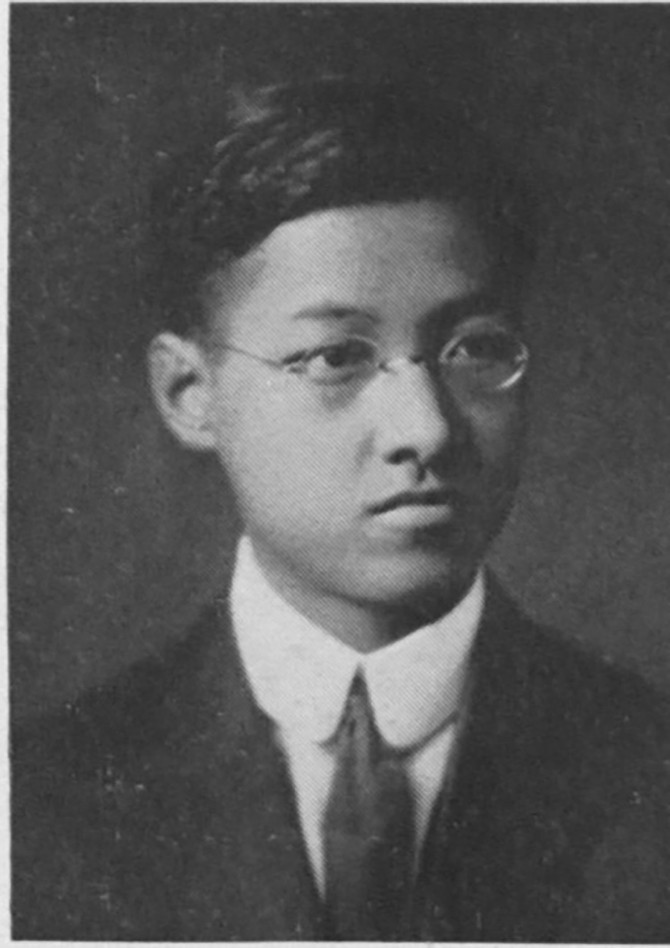News directly from Cornell's colleges and centers
Events celebrate Chinese composer who also transformed language
By Kathy Hovis
A Nov. 1-2 concert and conference at Cornell will celebrate the work of Chao Yuen-Ren 1914, composer of the first Chinese keyboard music and a ground-breaking linguist who transformed the Chinese language through his scholarship on Chinese grammar and phonology.
Chao was a classmate of Hu Shih 1914, a renowned Chinese scholar and diplomat who was also the lyricist for many of Chao’s songs.
The event, “Chao Yuen-Ren’s Art of Songs,” will include a Nov. 1 concert at 7:30 p.m. in Barnes Hall, featuring Chao’s experimental compositions (some with lyrics by Hu) including his “Chinese lieder” (1922-1927), a song collection that merges Chinese and Western musical traditions. The program also includes works by Chinese composers who were studying in the U.S. at the same time as Chao, alongside select art songs by 19th-century European composers who inspired him.
“Chao wasn’t a professional musician, but he was a prolific composer, writing art songs, vernacular songs and also strange, quirky, playful compositions where he experimented with amalgamating different musical styles,” said Morton Wan, a doctoral student in the music department in the College of Arts & Sciences (A&S), who is organizing the concert and conference. “Music also became a vehicle for him to think about and capture the tonality of various Sinophone dialects. Inspired by musical staff notation, he created a system to represent pitch contours in Chinese languages that’s still in use today.”
Chao and Hu were part of a movement trying to modernize the Chinese language, Wan said. “These songs are them experimenting with not only what modern Chinese music sounds like, but how it could work well with a new modernized version of the Chinese language,” he said.
A Nov. 2 symposium from 10 a.m. to noon in Room B20 of Lincoln Hall will feature an interdisciplinary panel examining Chao’s music within the broader contexts of early 20th-century Chinese-American intellectual life, East-West musical exchange and the keyboard’s role in the global transmission of musical knowledge and creativity.
Read the full story on The College of Arts & Sciences website.
Media Contact
Get Cornell news delivered right to your inbox.
Subscribe


